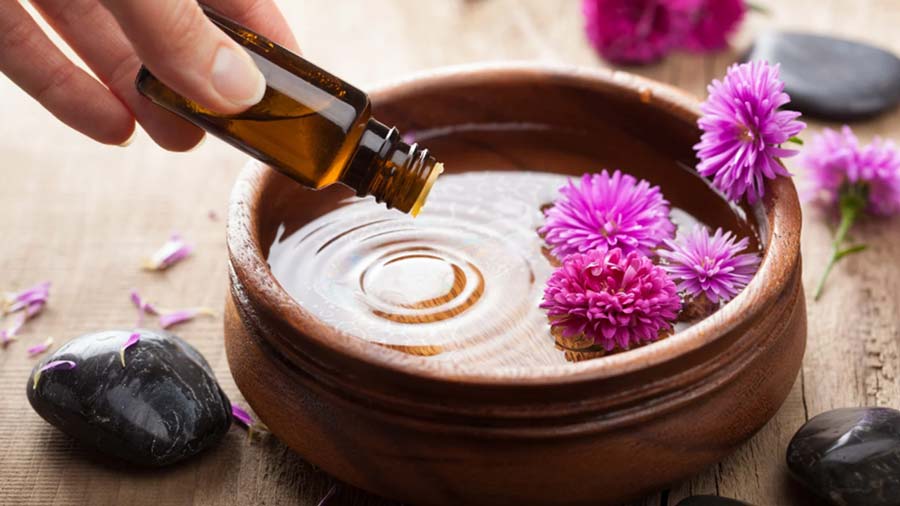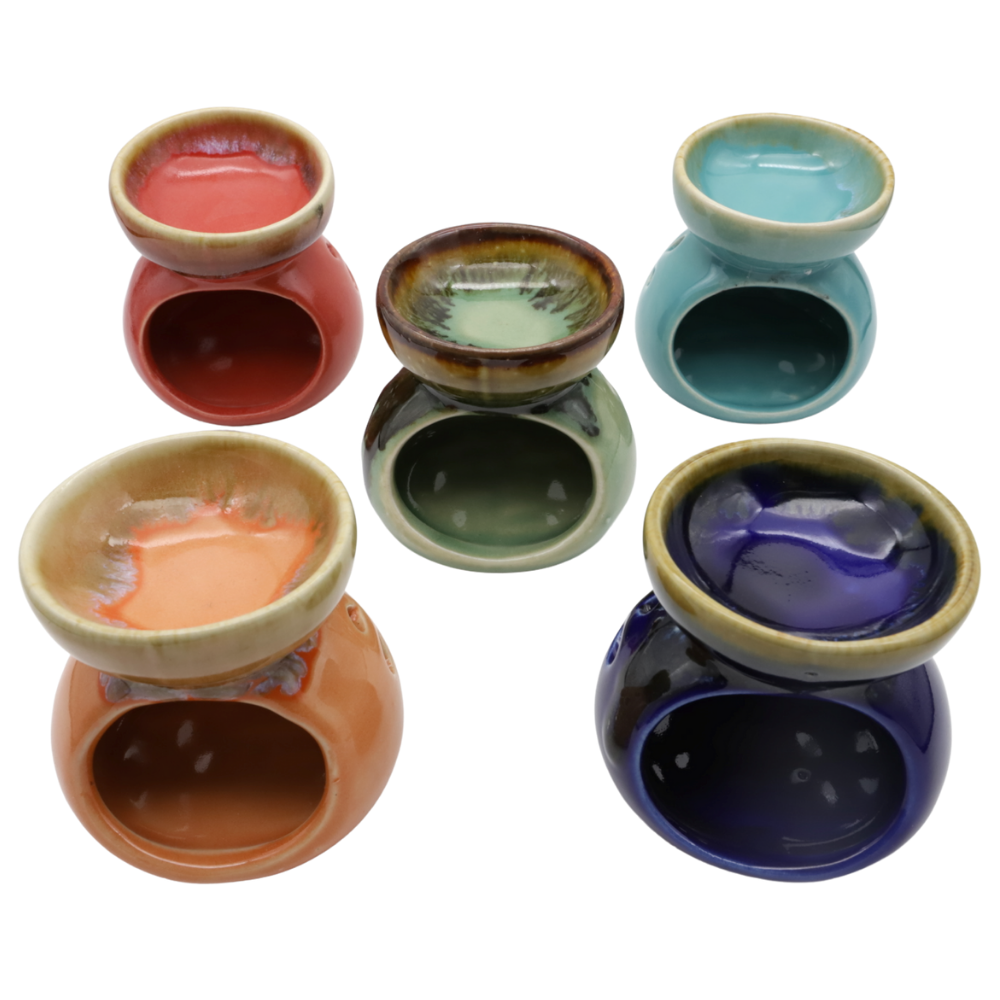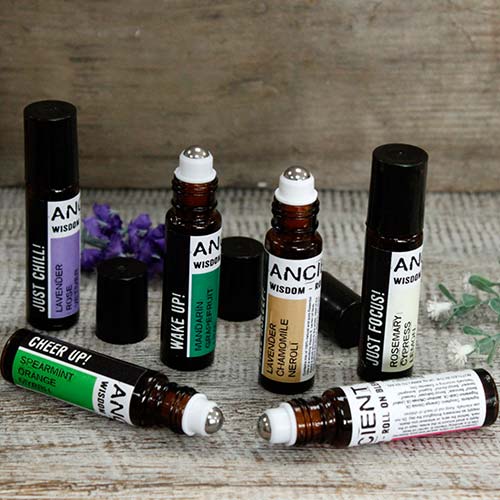When it comes to treating fungal infections, there is a huge variety of natural and medicinal remedies available. One of the most effective and safe remedies is using pure essential oils. Essential oils are extracted from various plants, leaves, and fruits and contain a variety of medicinal properties that can help to reduce and even eliminate fungal infections. Here are the top 10 anti fungal essential oils that are known to be effective and safe for treating skin and nail fungus.
1. Tea tree essential oil

Tea tree oil is a powerful antifungal agent that can be applied directly to the affected area or diluted with a carrier oil and used as a topical treatment. It has been known to be effective in treating a variety of skin and nail fungus including athlete’s foot and jock itch.
2. Clove oil
The second essential oil recommended for treating fungal infections is clove oil. Clove oil is derived from the clove flower and contains antifungal, antiviral, and antiseptic properties that can help to reduce the symptoms of a fungal infection. It is best used when diluted with a carrier oil and can be applied topically or taken orally as a capsule.
3. Oregano oil
Oregano oil is extracted from the oregano plant and contains powerful antifungal properties that can help to reduce the symptoms of fungal infections. It can be taken orally as a capsule or diluted in a carrier oil and applied directly to the affected area.
4. Lavender oil
Lavender oil has anti-inflammatory and antifungal properties that can help to reduce the symptoms of fungal infections. It can be taken orally as a capsule or diluted in a carrier oil and applied directly to the affected area.
5. Neem oil
Neem oil is extracted from the neem tree and contains powerful antifungal and antibacterial properties that can help to reduce the symptoms of skin and nail fungus. It can be taken orally as a capsule or diluted in a carrier oil and applied directly to the affected area. Using pure essential oils is a safe and effective way to treat fungal infections but if they do not work you may want to consider consulting with a healthcare professional
6. Lemon essential oil

7. Grapefruit essential oil
Grapefruit essential oil is a versatile and refreshing oil that can be used in a variety of DIY products and self-care routines. It has a zesty and uplifting citrus scent that can energize and boost your mood. Grapefruit oil has anti fungal properties and can be used in skincare or as a cleaning agent to make a multipurpose cleaning spray.
8. Rosemary essential oil
Rosemary essential oil is extracted from the Rosemary plant, which has been used for centuries for medicinal purposes. Rosemary oil is known for its ability to improve memory, concentration, and brain function, making it a popular choice for aromatherapy. It may also aid in hair growth and act as a pain reliever. its used in natural pesticides to repel harmful insects and is known to be an anti fungal essential oil.
9. Frankincense

Frankincense essential oil is derived from the resin of Boswellia trees and has been used for centuries for its healing properties. It is commonly used in aromatherapy to relieve stress, reduce pain and inflammation, and boost immunity but works great as an anti fungal essential oil. The oil contains terpenes and boswellic acids that have anti-inflammatory effects. Frankincense oil has immune-enhancing abilities and can help prevent oral health problems as well as being bale to kill harmful germs and bacteria.
10. Thyme essential oil
Thyme essential oil is a popular essential oil with a wide range of potential health benefits. It is commonly used as a preservative in foods, cosmetics, and toiletries. Thyme oil contains several compounds that have health benefits, such as antifungal, anti-inflammatory, and antibacterial properties.
These properties make thyme oil a good choice for reducing acne-causing bacteria on the skin, preventing hair loss, reducing coughs and respiratory tract infections, eliminating food-related bacteria and fungi, and promoting oral health. However, it's important to note that adverse reactions to thyme oil have been reported, and it shouldn't be swallowed or used undiluted on skin. Children shouldn't be given thyme oil, and it's important to consult a doctor before using thyme oil, especially if you're pregnant or breastfeeding.










